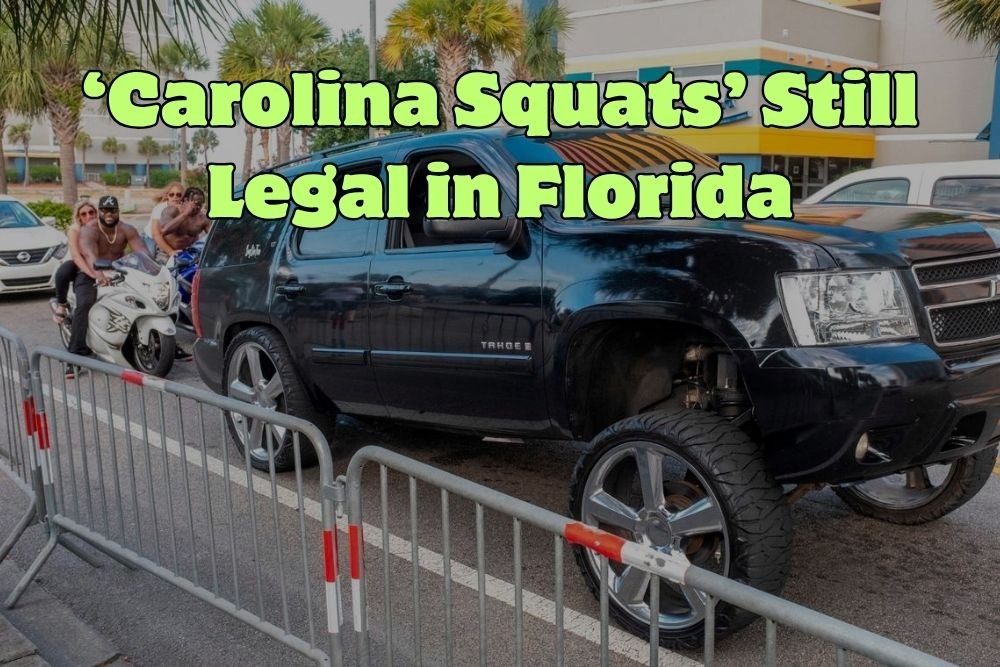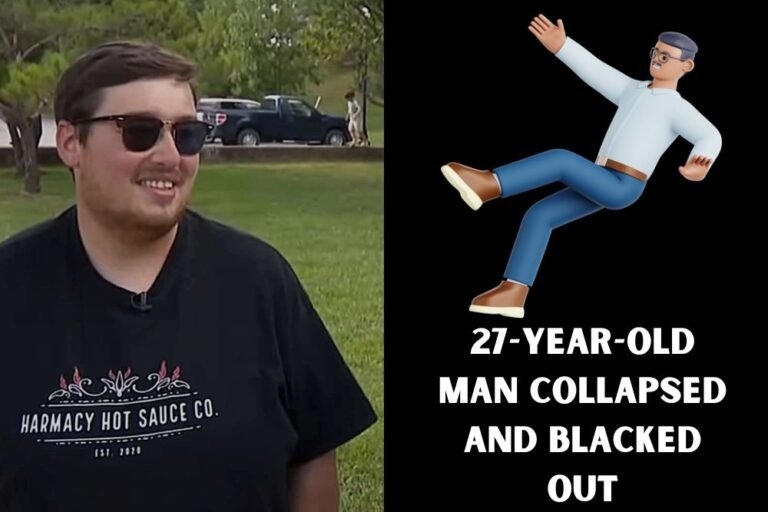‘Carolina Squats’ Remain Legal in Florida Despite Rising Safety Concerns
TAMPA, Fla. — The controversial “Carolina Squat” vehicle modification — which raises a truck’s front bumper several inches higher than the rear — remains legal in Florida, even as experts warn it poses serious safety hazards on the road.
Auto Experts Warn of Visibility and Rollover Risks
Derek Ferguson, president of Next Level Customs in Tampa, told FOX 13 News that while squatted trucks occupy a legal “gray area,” he refuses to work on them due to liability concerns and dangerous handling issues.
“A rollover is probably a big one,” Ferguson said. “Sometimes, when a truck is unstable at higher speeds, you can lose control, and if you hit a median or something like that, you can definitely roll or flip the vehicle.”
Ferguson added that visibility becomes severely limited when the front of a vehicle sits too high. “You can’t see people, bikers, or smaller cars that are right in front of you,” he said.
Legal Standards Create Loopholes
Consumer attorney Charles Gallagher noted that while Florida enforces certain height restrictions, the laws don’t directly ban “Carolina Squats.”
Under current state law:
- Headlights must be between 24 and 54 inches off the ground.
- Maximum bumper height is 22 inches for cars under 2,500 pounds and 28 inches for vehicles between 3,000–5,000 pounds.
- Overall vehicle height cannot exceed 13 feet, 6 inches.
“If those don’t meet the required elements, you could have a violation,” Gallagher said. “But typically, it’s just a nonmoving violation, not a criminal offense.”
Local Bans in Coastal Florida
Some Florida jurisdictions — including Daytona Beach and Volusia County beaches — have outlawed squatted vehicles on local roadways, citing safety and visibility concerns. However, there is no statewide statute prohibiting the modification, leaving it legal in most areas.
“Many cities and counties are considering enacting ordinances,” Gallagher explained. “Right now, there’s not a uniform state law banning them.”
Mechanics Advise Against Modifications
Automotive technicians caution that squatting a vehicle can damage the engine by forcing it to operate at a constant incline. The imbalance also affects headlight aim, potentially blinding oncoming drivers.
Experts recommend consulting with licensed mechanics before attempting major suspension or lift changes. “It’s better to modify your car safely with proper parts and angles,” Ferguson said.
The Saluda Standard-Sentinel encourages readers to share their views on vehicle modification laws and roadway safety across the Southeast. Visit SaludaStandard-Sentinel.com for ongoing automotive and public safety updates.







